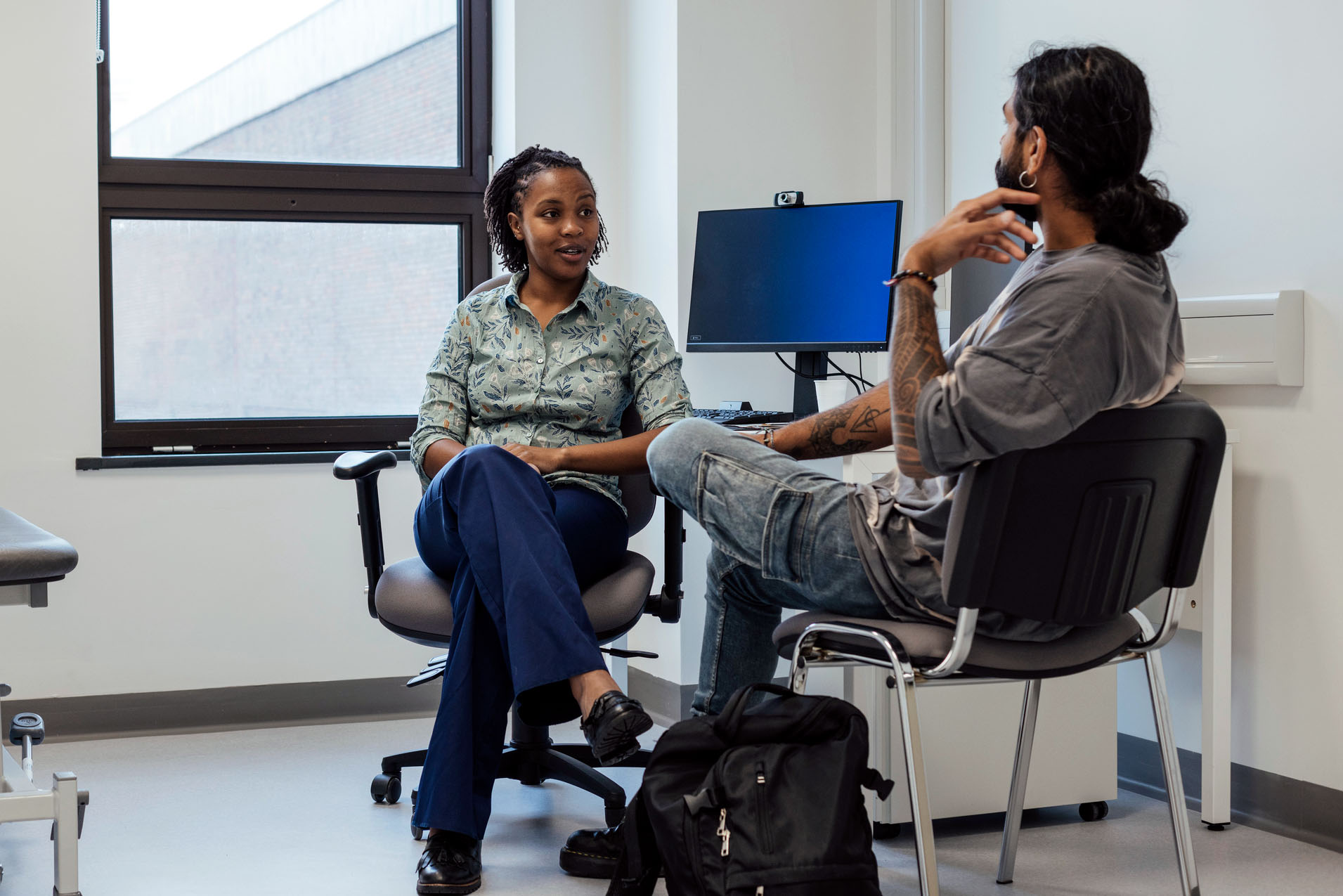What Is a Clinical Trial?
The goal of a clinical trial is to find better ways to detect, prevent, or treat diseases. Clinical trials are used to test newly developed drugs, medical devices, surgical techniques, therapy methods, and screening and diagnostic tools. Sometimes, trials evaluate new ways to use existing treatments or are used to improve the quality of life for people living with a disease or chronic illness.

Benefits of Participating in Clinical Trials
- Participating in clinical trials can give you access to life-changing treatments.
- Treatments may be more effective or have fewer side effects than what you currently have access to for your condition.
- Clinical trials are also beneficial for people without a health condition—they provide a way to contribute to the advancement of medicine and the possibility of improving lives.

Are Clinical Trials Safe?
Being a part of a clinical trial is a highly personal decision. Clinical trials may come with some risks. For example, trialing a new medication may result in side effects. The FDA has strict regulations and safeguards in place to keep participants safe. Participants are closely monitored by their physicians and the research team supporting the trial. Before agreeing to participate you will receive an informed consent document, which provides every detail of the study, including its risks and benefits and whom to contact.
